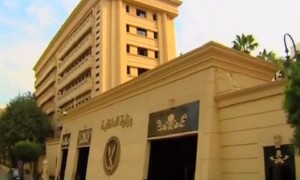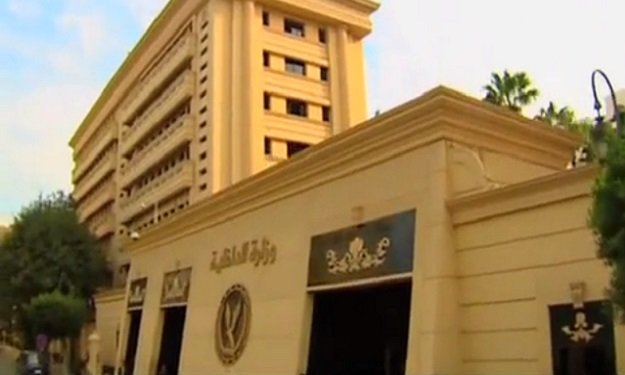 On 17 June 2014, a number of human rights groups and concerned citizens filed lawsuit number 63055/68 in the Administrative Court asking to stop a Ministry of Interior’s tender to procure software capable of monitoring the public posts and private conversations of social media users.
On 17 June 2014, a number of human rights groups and concerned citizens filed lawsuit number 63055/68 in the Administrative Court asking to stop a Ministry of Interior’s tender to procure software capable of monitoring the public posts and private conversations of social media users.
The organizations signing this statement condemn the unlawful and unconstitutional conduct of the Ministry in its attempts to spy on citizens. Such total surveillance does not seek legal warrants and constitutes a violation of an entire array of unalienable public rights and freedoms guaranteed by the constitution of Egypt, including the rights to freedom of expression, freedom of information, privacy, and security.
The Minister of Interior has ordered conducting tender number 22 for the year 2013/2014 to purchase a so-called ‘public opinion measuring system’ as part of the ‘Social Networking Security Hazard Monitoring Project’. The call for tender was published by Al-Watan on 1 June 2014. Incomplete scans of the document published on the news website showed technical specifications for a system that operates as part of a strategy aiming to ‘monitor, list, analyze, execute, support, confront, and refute’ a number of ‘destructive ideas’, according to the Ministry. These ‘destructive ideas’ include ‘blasphemy and skepticism in religions; regional, religious, racial, and class divisions; spreading of rumors and intentional twisting of facts; making accusations; libel; sarcasm; using inappropriate words; calling for the departure of societal pillars; encouraging extremism, violence, and dissent; inviting demonstrations, sit-ins and illegal strikes; promoting pornography, looseness, and lack of morality; educating methods of making explosives and assault, chaos and riot tactics; calling for normalizing relations with enemies and circumventing the state’s strategy in this regard; fishing for honest mistakes, hunting flesh; taking statements out of context; and spreading hoaxes and claims of miracles.’
The undersigned organizations consider the system, which the Ministry is in the process of procuring, as threat to the privacy of millions of internet users as it will try to monitor private and personal communications, such as those taking place on Viber and Whatsapp. The system also violates public freedoms by continuously searching and cataloging interactions on social networks, a very important part of the public sphere today in any free and democratic society. Mere existence of such a system is a violation of due process as guaranteed by the Criminal Procedure Code and international standards. It allows the executive branch of government to exercise powers reserved for the legislative and the judiciary. More importantly, it constitutes a restriction of the rights and freedoms of millions in a fashion that is unnecessary and disproportionate to any lawful aims this system is supposed to have.
Privacy in the public sphere is necessary for a free and stable political life. Assaulting it is a sign of totalitarianism. The Ministry of Interior should abide by the law, which it is mandated to enforce, instead of violating it for the sake of combating vague things like ‘calling for the departure of social pillars’, or ‘sarcasm’, ‘fishing for honest mistakes’, and ‘spreading hoaxes’, which are not part of the police mandate.
The undersigned organizations demand that the Egyptian authorities honor their international commitments, including the rights to privacy, freedom of information and freedom of expression as enshrined in Articles 17, 18, and 19 of the International Covenant of Civic and Political Rights, and to stop this project immediately.
The undersigned organizations invite all those whose rights are violated by social media monitoring to attend the first session in the Administrative Court and to join the lawsuit to protect their basic rights of privacy and freedom of expression.
Signatures:
- Association of Freedom of Thought and Expression (AFTE)
- Arab Digital Expression Foundation (ADEF)
- Egyptian Initiative for Personal Rights (EIPR)
- Cairo Institute for Human Rights Studies (CIHRS)
- Hisham Mubarak Law Center (HMLC)
- Arabic Network for Human Rights Information
- Egyptian Foundation for the Advancement of Children Conditions
- Centre for Egyptian Women Legal Assistance
- New Woman Foundation
- El Nadeem Center for Rehabilitation of Victims of Violence
- Misryon Against Religious Discrimination
Share this Post

